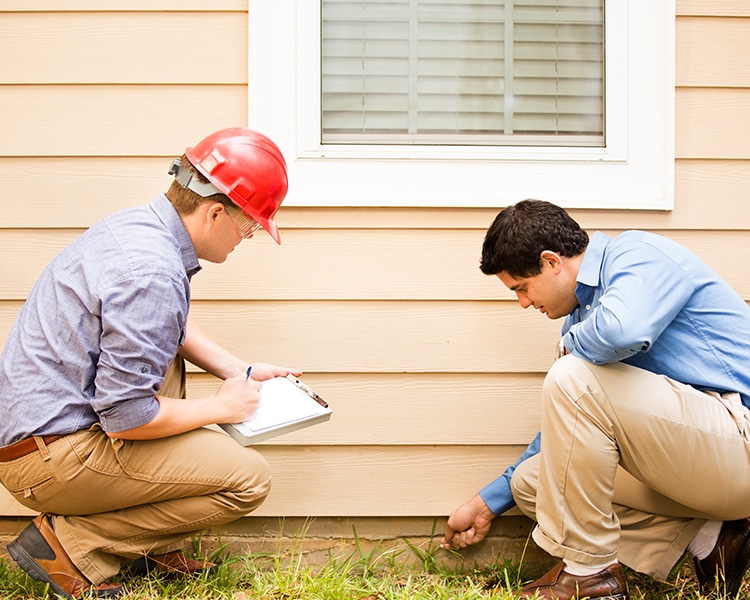
Home inspections are a critical part of the home buying process, but not all inspections or inspectors are alike. You want to get the most for your money when you hire a home inspection service, so take the time to evaluate your options before you commit to one. Here are some dos and don’ts with regard to home inspections.
Home inspections are critical in real estate transactions, so don’t just choose the first home inspector you find. Is he or she credentialed by the state? Does the inspector have certification from the Federal Housing Administration (FHA) or Department of Housing and Urban Development (HUD)? Some states don’t require credentials, and other states only require voluntary credentialing. Look for a home inspector who has gone to the trouble to become certified.

While a home inspector will advise you if a home is structurally unsound and safety is compromised, his or her job is to give you the information you need about a home to make your own decision on whether or not to make an offer. The information provided in your home inspection report helps you decide whether to buy, and if so, how to make a fair offer based on the home’s conditions.
If you suspect problems like mold or asbestos, you may need to hire a specialist to do further testing on a property. Some, but not all home inspection services are qualified to do certain types of environmental testing. If your home inspector is not qualified to test for asbestos fibers, for example, you will have to hire a specialist to carry out these tests.
Home inspectors know what to look for and where to look, but they aren’t superhuman. Your home inspector can’t see through walls or tell you what’s underneath the floorboards. Before hiring a home inspector, ask to look over the contract that spells out exactly what services he or she performs. If there is a damp patch on a wall, for example, your home inspector can’t make a hole in the wall to see if a pipe is leaking behind it.
If you’re considering selling your home, then commissioning your own home inspection can be a smart move. A home inspector can point out problems that need to be addressed so you can be confident of your asking price. Also, if a buyer produces a report showing potential problems your inspection did not reveal, you have documentation that the property was inspected thoroughly. A home inspection prior to putting a home on the market can alert you to potential problems so you can address them at the outset and help the selling process go more smoothly. At MD Mold Testing, our licensed, insured home inspectors serve the District of Columbia and surrounding areas in northern Virginia, Maryland, and Delaware and also provide testing services for mold, asbestos, and termites.